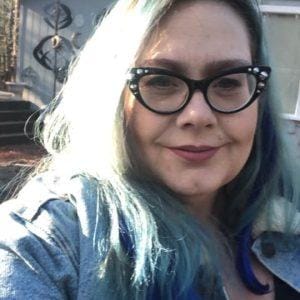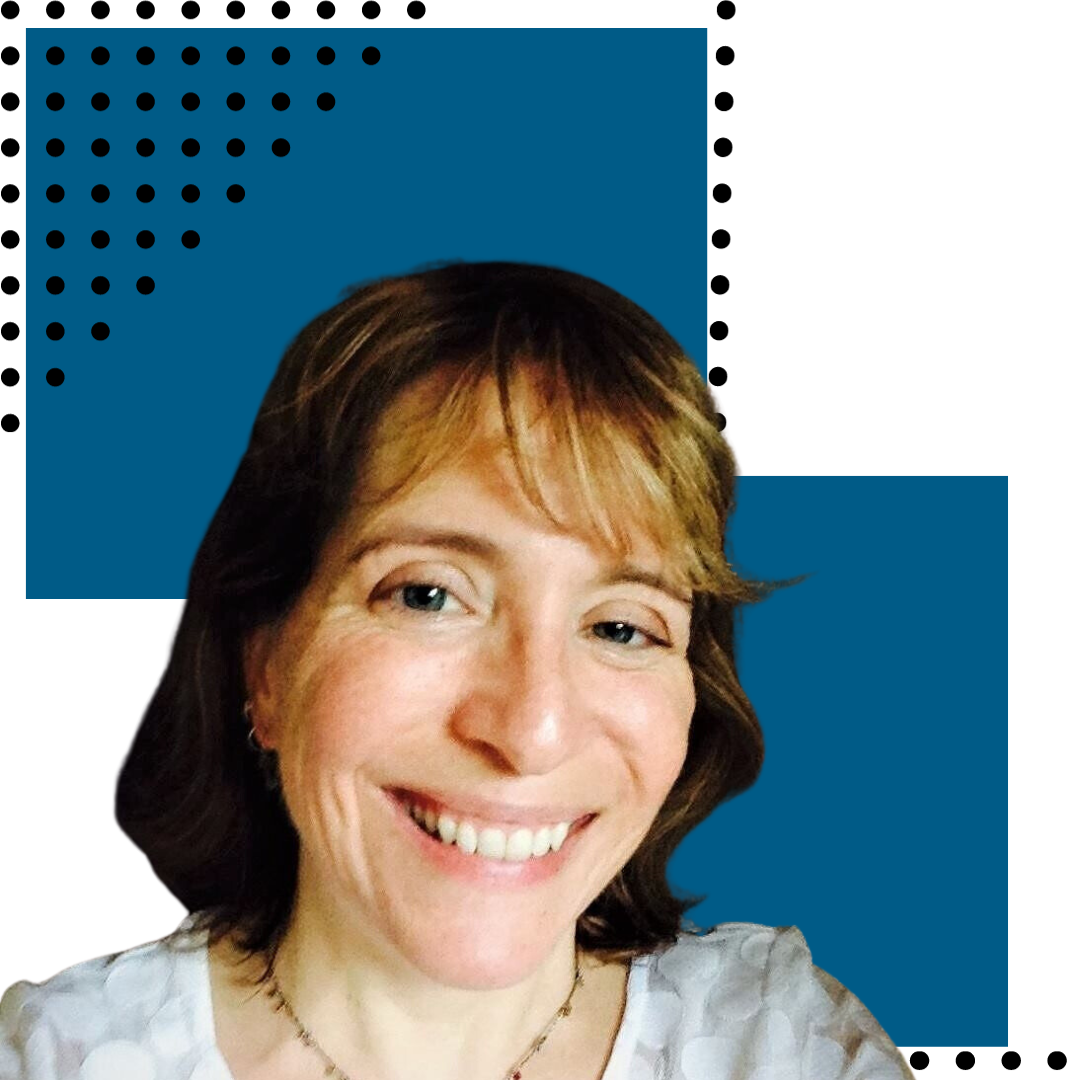Indie Author Magazine: How will the strategy of publishing wide play a part in the future of the industry?
Anthea Sharp: As the retailers make "pay to play" an increasing part of discoverability on their platforms (whether through direct ad programs or the assumption that writers will pay to send readers to them via outside advertising), I think it's wise for authors to diversify. I also think that direct sales are a great way to go for many authors. Platforms rise and fall (and, sure, even the framework you build your direct store on will eventually crumble) but having the ability to control your work and use your advertising dollars to send readers directly to YOU, without fear of getting your account terminated or running into other snafus, is invaluable.
Indie Author Magazine: Do you anticipate that the definition of wide will ever evolve to mean more? If so, where do you see authors going?
Anthea Sharp: I think the definition of WIDE is all-encompassing, honestly—but that it's also easy to miss the breadth of possibilities out there. A lot of authors take wide to mean "on all the retailer platforms." I'm seeing an increasing move in the publishing world toward cracking open the next level, which includes direct sales and storefronts, using platforms like Kickstarter, and also starting to think about your IP as more than just eBooks or plain print editions. Serialization, gamification, audio, fancy illustrated special editions, StoryBundles, subscriber book boxes, multimedia, graphic novels, screenplays: the possibilities are out there and expanding as new technologies hit the publishing world.
Indie Author Magazine: With AI being such a hot-button, divisive topic now, what role(s)—if any—do you think it will play in the indie publishing world in five years' time?
Anthea Sharp: I think there’s no escape from generative AI. I do know, however, that there are ethical ways to use it to assist in the creative process. There’s no question in my mind that in five years, AI-assisted creation will be the norm, just like Photoshop was originally decried, and now is an invaluable part of almost every artist’s toolkit. Right now, obviously, there’s a lot of fear and misinformation surrounding AI. I’d encourage authors and artists to start exploring the tools that are out there—honestly, once you do, you start to understand what the programs can and, even more importantly, CANNOT do at this juncture. Find out where you, personally, draw the line. I don’t currently generate fiction with it, but ChatGPT has been a fabulous brainstorming partner for book and series titles, great for cleaning up dictation, good at writing blurbs and synopses (with editing, of course), and helpful at structuring story beats into a rough plot outline that I can then stray away from. Just like artists who refuse to use digital tools are now at a disadvantage (with a few exceptions), authors who are unwilling to harness the power of generative AI will be making their lives harder. Technology transforms the world—but by taking the opportunity to start exploring the tools now, I hope that we can all have a voice in how they are developed going forward.
Indie Author Magazine: On an individual level, direct publishing can equate to greater control over titles, greater royalties, and a closer relationship with readers. What will the trend of authors publishing direct mean for the industry as a whole?
Anthea Sharp: I love seeing more authors move to direct sales! Whether it's putting up a Google Form and taking Paypal payments, setting up a Shopify-type store, or planning to launch a new title on Kickstarter (or all of the above), I think the move away from relying solely on the retailer platforms is a good one. And it will definitely have a ripple effect on the larger publishing ecosystem. While the well-beaten path (put your eBook on Amazon, you're done) is still viable for many authors, I think the opportunity to niche down, connect with YOUR readers, and really get a solid ecosystem growing in a space you control is going to be amazing for authors. We're moving back to the "smaller number of true fans" model as a successful path to a viable career for folks who struggle for visibility in the retailer spaces. I do think that there are people this will work brilliantly for, but I also think that plenty of authors see good success with the retailer-platform model and will continue to stay there without branching out. Still, direct publishing will start to erode the power of the platforms, bit by bit. I also think that new ways of connecting with readers (like Ream), will open up new paths to success that aren't necessarily retailer-driven. And that's super exciting and empowering.
Indie Author Magazine: What does transmedia mean for an author's business? Will indie authors ever need to be more than just "writers" to survive in the industry?
Anthea Sharp: I think most indie authors are already far more than just “writers.” So many of us are deeply involved in all the publishing aspects of our business. Even though we might hire editors and cover artists, we still make the ultimate judgement calls, so need to have a firm grasp of the market, the elements of good graphic design, ad copy, what editorial suggestions to take and which to leave, running contests and games, making live appearances, engaging our communities, wrangling audiobooks… the list goes on and on! I’d argue that a number of the serialization platforms where readers can comment on a work-in-progress as chapters are posted have a transmedia element. I’m seeing an increasing number of illustrated novels out there, and of course the gamification of books by companies like Chapters pull those multimedia elements in as well. That said—readers love to read. They don’t necessarily want audio or video popping up and breaking their reading flow. I’d argue that a well-written book IS a transmedia experience. It’s a movie/soundtrack/world, evoked and played out inside the reader’s head. No technology currently in existence can compare with the magic of that.
Indie Author Magazine: What can authors do now to build community with their readers and within the industry?
Anthea Sharp: Building connections with YOUR readers is important. I highly recommend that authors learn to set up and manage their mailing lists well. Check out resources by Tammi Labrecque and David Gaughran to get started or leveled up. Kickstarter is an incredible platform for building community, in my experience. If reader groups and events (online or in person) resonate, I encourage authors to lean into those. Stay active in both the reader spaces and the author spaces to the best of your ability. Attending a conference like 20Books or NINC (if you qualify) are great ways to network and open up new opportunities with other authors, as well as leaders in the publishing industry.
Indie Author Magazine: Why does community matter in the future of indie publishing?
Anthea Sharp: Because none of us are in this alone. 😊 I’ve long been an advocate of multi-author projects as a way to reach new readers, and a cheerleader for boosting others up (other authors are not our competition, truly). Connection with our author friends and our readers can help us stay sane, grounded, and remind us why we’re doing this in the first place. Pretty much every author I know writes to tell a story. Without someone on the other end, to tell the story TO, this path gets cold and lonesome and can lead to burnout. Stay warm. Tend your communities. Keep the monsters of the dark at bay with the torch of connection and shared experience, whether it’s through the pages of your books, or in that author support group you keep meaning to join. Shine on.


